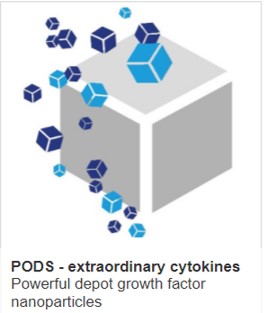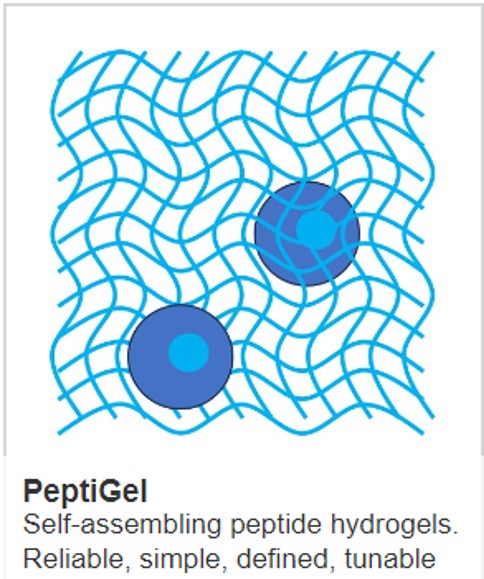Cautiously optimistic: The use of AI in science

Artificial Intelligence (AI) is revolutionizing industries across the globe, and one of its most impactful applications is in the biomedical field. From speeding up drug discovery to working towards personalized medicine, AI technologies are enabling more efficient solutions. However, while the potential is great, there are important hurdles to overcome, and caution should be taken with its current state.
The Role of AI in biomedical science
AI is a term used to describe several methods of simulating human intelligence, without the human brain. Instead, machines such as computers can perform tasks such as learning, reasoning and self-correction, using complex algorithms, developed (currently) by humans. Though, as we will see, AI is already on the verge of designing its own hypotheses and experiments, leading to questions about its use in the future of science. Within the biomedical field, AI is being utilised for several areas:
1. Drug Discovery and Development
AI algorithms enable the rapid analysis of genomic and proteomic data, speeding up the process of identifying novel drug targets and likely improving the clinical process. A recent example includes an algorithm developed by a team at Kings College London. DrugSynthMC, as the team have termed it, utilises a long-established mathematical technique known as Monte Carlo Simulation to generate thousands of chemical structures of drug molecules, in a matter of seconds. The tool is publicly available for researchers.
2. Personalized Medicine
As AI is further utilised in healthcare, it will be used to tailor specific treatments for patients, likely leading to more precise and effective therapies. ‘Digital Twinning’, an idea that aims to form a digital representation of a patients genomic, proteomic and structural data, to run diagnostic and therapeutic tests on this ‘digital twin’. This is an exciting possibility that is already being utilised by a group at Sanofi. Using structural data from a cohort of patients, they are testing a compound to treat asthma, with the aim to accelerate the development process, address the issue of patient recruitment, and produce larger sets of data to make more precise decisions. This approach is particularly relevant in oncology and in rare genetic disorders.
3. Generating Hypotheses
Whilst AI is not currently capable of doing the physical lab work required for experimentation, it is being implemented for generating hypotheses and producing experimental plans. Recently, Japan’s ‘Sakana’ AI developed a set of hypotheses, experimental designs and a full scientific paper based on its conclusions. The idea of an ‘AI Scientist’ could enable accelerated growth of knowledge in multiple fields of science, as well as aiding current researchers.
Challenges of AI in the biomedical industry
Despite its promise, the integration of AI in biomedicine faces several hurdles
1. Data Quality and Bias
AI models require large amounts of high-quality data. However, biomedical datasets are often incomplete, inconsistent, or potentially biased. These issues can lead to skewed results that fail to generalize across diverse populations, raising concerns as to how AI models obtain data.
2. Ethical Concerns
AI applications in healthcare raise serious ethical questions. Who is responsible if an AI makes a wrong diagnosis? How do we ensure patient consent and privacy in data collection and analysis? Regulatory frameworks are still evolving and struggle to keep up with the pace of AI innovation.
3. Interpretability and Transparency
Many AI models, especially deep learning systems, operate as “black boxes,” making it difficult to understand how they arrive at specific conclusions. This lack of transparency hinders trust and can be a barrier to its application in a clinical setting.
4. Talent and Training
There is a shortage of professionals who are fluent in both AI and biomedical sciences. Bridging this gap is crucial for developing AI tools that are not only technically sound but also clinically relevant. There is also a concern given to students who will study during the emergence of more complex AI systems. Whilst some students may be able to embrace the possibilities of AI, others may very well prefer not to ‘compete’ with AI and question their future career prospects.
AI is already making waves in the biomedical field, offering powerful tools to tackle some of healthcare’s most pressing challenges. While the road ahead is complex, with careful stewardship and ethical understanding, AI has the potential to usher in a new era of medicine that more personalized than ever before.
IMAGE AI in the matrix of research CREDIT Cell Guidance Systems
Learn more about powerful technologies that are enabling research:



